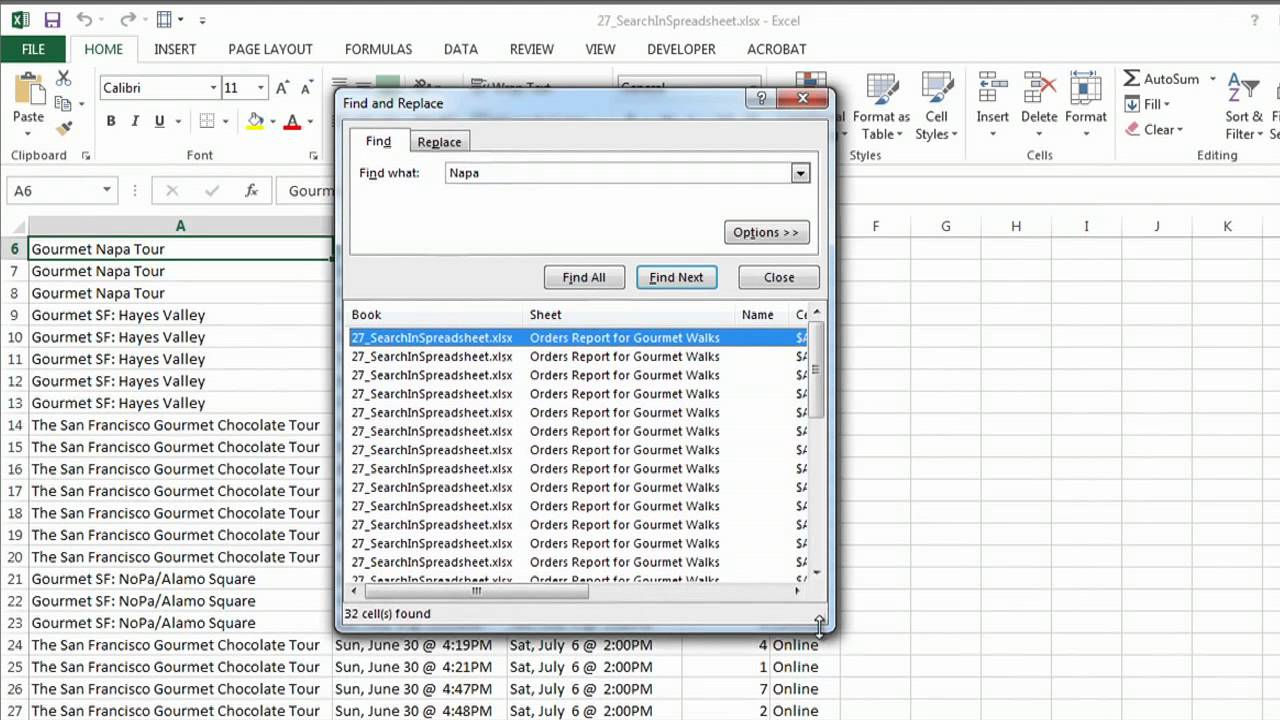How to Lock an Excel Sheet for Viewing Only

Excel spreadsheets often contain sensitive or critical data that not everyone should have the liberty to edit. This could range from financial forecasts and employee salary details to complex analytical models. Here's an extensive guide on securing your Excel files by making them view-only.
Why Should You Lock an Excel Sheet?

Protecting Excel files is vital for several reasons:
- Data Integrity: Prevent accidental or deliberate changes that could compromise the integrity of data.
- Confidentiality: Ensure confidential information is not accessed by unauthorized users.
- Security: Mitigate the risk of data breaches or unauthorized modifications.
- Tracking: Maintain a record of who has access to view or edit the data.
Steps to Make an Excel Sheet Read-Only

1. Password Protecting the Workbook

Here’s how to password-protect your Excel workbook:
- Open your Excel workbook.
- Go to File > Info.
- Click on Protect Workbook and then Encrypt with Password.
- Enter a strong password and confirm it.
2. Protecting Specific Sheets

To lock specific sheets within your workbook:
- Right-click on the sheet tab you wish to protect.
- Select Protect Sheet.
- Set a password, decide what users are allowed to do, and then click OK.
3. Using Sheet Protection

To provide viewing access with limitations:
- Go to the Review tab.
- Click Protect Sheet.
- Choose the options you want to permit (like selecting cells or formatting cells).
- Set a password if needed and click OK.
🗝️ Note: Always remember to save a backup of your workbook in its unprotected form before applying protection.
Advanced Lockdown with VBA

For enhanced security and control, use Visual Basic for Applications (VBA):
Creating a Macro to Lock Sheets

- Press Alt + F11 to open the VBA Editor.
- Click Insert > Module.
- Paste the following VBA code:
Sub LockAllSheets() Dim ws As Worksheet Dim pword As Stringpword = "YourStrongPassword" For Each ws In ThisWorkbook.Worksheets ws.Protect Password:=pword, DrawingObjects:=True, Contents:=True, Scenarios:=True Next ws
End Sub
This code will lock all sheets in your workbook with a password.
Additional Protection Measures

Besides locking sheets:
- Use a strong password: Avoid using easily guessable passwords.
- Implement user authentication: Ensure only authorized users have access to open the workbook.
- Encrypt the file: Opt for encryption when saving the workbook to prevent unauthorized viewing.
🔐 Note: Keep the password in a secure location. Losing the password means you could lose access to edit the Excel file permanently.
Recap

When considering the security of your Excel spreadsheets, it’s critical to not only lock the entire workbook or individual sheets but also to:
- Establish clear reasons for securing the data.
- Employ a range of security measures from simple password protection to advanced VBA scripts.
- Remember to save backups and maintain a secure storage of passwords.
With these steps, your Excel sheets can be safeguarded against unauthorized editing or viewing, ensuring data integrity and confidentiality. Implementing these measures will not only protect your data but also foster trust in your document handling practices among colleagues or clients who might review the data.
Can someone override Excel sheet protection?

+
If a user has the password or if the sheet is protected without a password, they can unprotect it. However, a strong password makes it difficult to breach security.
What happens if I lose the password to an Excel sheet?

+
If you lose the password to a protected sheet, you may not be able to edit or unprotect the sheet without professional help or software designed to recover or bypass Excel passwords.
Does protecting an Excel sheet affect performance?

+
Protecting sheets typically doesn’t impact performance, but very large workbooks with many protected sheets might see slight slowdowns during operations like copying, pasting, or autofiltering.
Is there a way to share an Excel sheet securely for collaborative editing?

+
Yes, you can set up permissions to allow specific users to edit while others view, using Excel’s Share feature with OneDrive or Sharepoint for collaborative work.
How can I protect multiple sheets quickly without individual protection?

+
Using VBA scripts, like the one provided above, allows you to lock multiple sheets at once with a single command, making the process more efficient.



